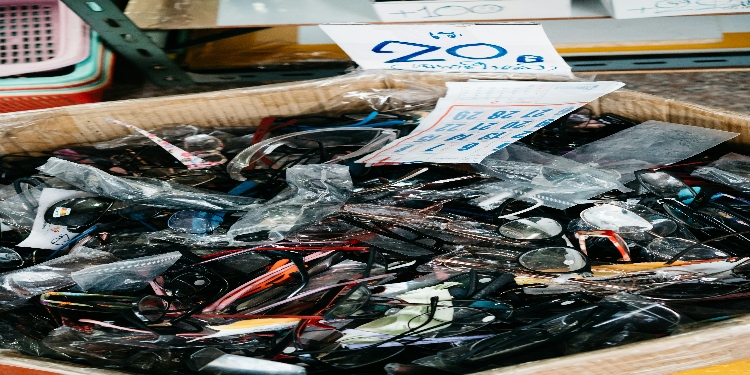Electronic recycling, or e-waste recycling, is more than just a green buzzword—it’s a critical solution to one of the fastest-growing waste problems on the planet. With global e-waste generation reaching over 50 million tons annually, the need for responsible disposal and repurposing of electronics has never been more urgent. Whether you’re clearing out old gadgets or upgrading to the latest tech, understanding how to recycle electronics properly can make a significant difference for the environment, the economy, and your local community.
The Environmental and Economic Impact of Electronic Recycling
Discarded electronics are a goldmine—literally. One ton of circuit boards contains 40 to 800 times more gold than a ton of mined ore. Recycling 1 million laptops saves enough energy to power 3,500 U.S. homes for a year. Beyond energy savings, electronic recycling recovers valuable materials like copper, aluminum, and rare earth metals, reducing the need for environmentally destructive mining operations.
Improper disposal of e-waste poses severe environmental hazards. Toxic substances such as lead, mercury, and cadmium can leach into soil and water, contaminating ecosystems and posing health risks to humans and wildlife. By recycling electronics, we prevent these harmful materials from entering landfills and contribute to a cleaner, safer environment.
The Electronic Recycling Process Explained
The journey of electronic recycling begins with collection. Consumers can drop off unwanted devices at designated recycling centers, retailer programs, or community collection events. Once collected, electronics undergo a meticulous process:
- Sorting and Dismantling: Devices are manually sorted and disassembled to separate components like batteries, circuit boards, and plastics.
- Data Destruction: Any data-bearing devices, such as hard drives, are securely wiped or destroyed to protect personal information.
- Shredding and Separation: Components are shredded into smaller pieces, and advanced techniques like magnetic separation and eddy currents are used to isolate materials like metals, plastics, and glass.
- Material Recovery: Recovered materials are processed and sold to manufacturers for use in new products, closing the loop in the recycling process.
Local Electronic Recycling Options in Providence, Rhode Island
Residents of Providence have several convenient options for recycling electronics.
The City of Providence, in partnership with Rhode Island Resource Recovery, offers free e-waste collection every Saturday at 700 Allens Avenue. Rhode Island Resource Recovery Corporation also provides free recycling for computers, monitors, laptops, tablets, and TVs to RI households and K-12 schools. Note that peripherals like keyboards and printers are not accepted.
Retailers such as Best Buy offer in-store recycling for various electronics. Customers can recycle up to three items per household per day, including TVs, computers, and cell phones.
Tips for Responsible Electronic Recycling
Before recycling your electronics, consider the following steps to ensure a smooth and secure process.
Always back up important files and perform a factory reset or use data-wiping software to remove personal information from devices.
If your device is still functional, consider donating it to organizations that refurbish electronics for those in need.
Familiarize yourself with local e-waste recycling laws and guidelines to ensure compliance and proper disposal.
Choose recycling facilities certified by recognized organizations to guarantee environmentally responsible practices.
The Broader Benefits of Electronic Recycling
Beyond environmental protection, electronic recycling offers numerous societal advantages.
The recycling industry generates employment opportunities in the collection, processing, and manufacturing sectors.
Recycling reduces the demand for raw materials, preserving natural resources for future generations.
Recovered materials from e-waste contribute to the economy by supplying industries with affordable, recycled inputs.
By participating in electronic recycling, individuals and communities play a vital role in promoting sustainability, protecting the environment, and fostering economic development.










































































